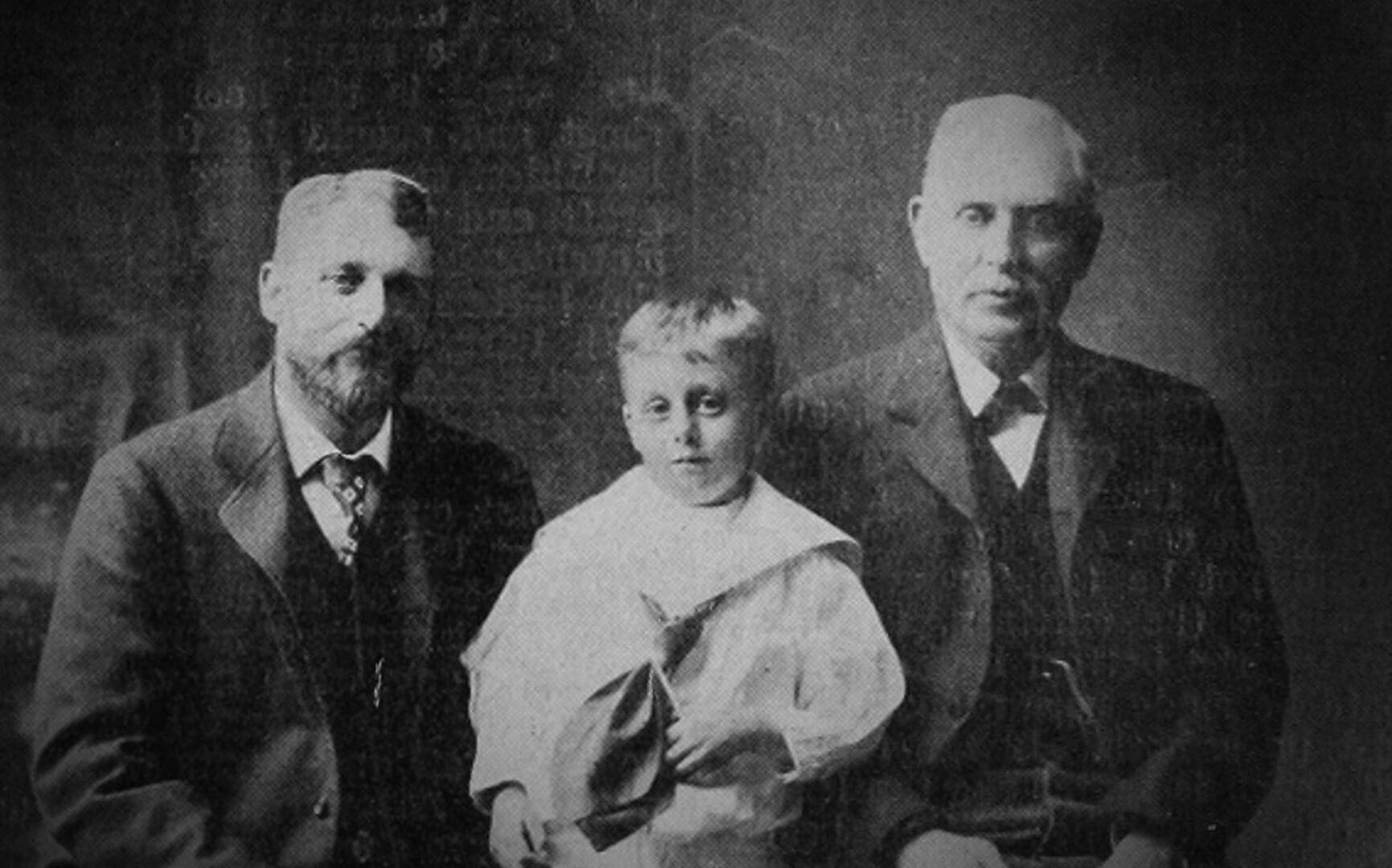A blog for Catholic men that seeks to encourage virtue, the pursuit of holiness and the art of true masculinity.
History Is A Memory. Tradition Is Alive.

King James IV of Scotland (r.1488-1512), one of the last Catholic monarchs of Scotland, was considered a true Renaissance man devoted to learning and enlightened rule. In addition to his pursuits in science and the arts, he had a particular interest in language and its origins. He was a polyglot and the last King of Scotland to speak Scottish Gaelic.
In an attempt to understand the development of language and to determine if God had instilled an innate divine language in mankind, the king conducted a linguistic experiment in language deprivation.
King James ordered that a set of twin orphans be sent to live alone on the remote island of Inchkeith to be cared for by a mute woman. The purpose of this was to observe what language, if any, the children would develop and use to communicate.
His hopes that he could discover the pure divine tongue from this experiment were fruitless. The children developed a series of claps and gesticulations to communicate their needs and would at times mimic the noises of the island’s native animals.
Divorced from history and tradition, the children were only capable of the most basic forms of communication…
There is a parallel in this experiment to the world and culture in which we now live. As modernism, consumerism, and relativism erode away the deep and foundational traditions of the Christian West, we find ourselves more and more incapable of grasping, and even less so, communicating the deep truths and faith that our ancestors so carefully guarded.
Our modern society often lives in a self-imposed banishment to an Inchkeithon where we settle for the basest of pursuits, substituting philosophy for a soundbite, discernment for rashness, chastity for concupiscence, and eternal things for things that pass.
The antidote to this spiritual and cultural muteness, the escape raft from this isolated island, is a rediscovery of our history and traditions.
It is the accumulated wisdom and knowledge of those before us that allow us to contemplate the complex and mysterious nuances of higher things like the divine, the family, and your own mortality. History and traditions provide us the lexicon to articulate and understand the innate desires of the immortal soul beyond our animal instincts.
“Remember the days of old, consider the years of generations past. Ask your father, he will inform you, your elders, they will tell you.” Deuteronomy 32:7
A gentleman or gentlewoman studies and learns history. They protect and pass on traditions. They understand their mortality and plant trees in whom’s shade they will never rest. They add to the deposit and that gets left to the generations to come. They don’t live only in the present, but in the past and the future. They incorporate the richness of the past, the joys and struggles of the present, and the hope of the future.
To begin to understand history and tradition and to incorporate them into your life, one should understand the difference between them. A fundamental difference is that history exists as a memory, but tradition lives now. Learning history allows you to understand why things are; tradition lets you understand how things were. History forms tradition, tradition animates history.
So firstly, learn history. Read histories by Butler, Gibbon, Herodotus, Josephus, Livy, & Tacitus.
Read novels and literature by Cervantes, Boccaccio, Alighieri, & Chaucer. Read about archaeological and anthropological finds. Visit museums and libraries.
But, more importantly, learn your traditions. Discover how your grandfather lived as a young man. Cook the recipes your great-grandmother made. Research the name of your 5th great-grandfather. Learn the feast days and traditions your cultural ancestors celebrated. Learn the liturgical and devotional traditions of the Church that have been largely forgotten since the Council.
Most importantly of all, understand your place in tradition and history. All of your ancestors and those who built our culture are the links in a chain behind you. The future links will be your children and grandchildren. You must be the one to bind them together and form an unbroken chain. Make sure your link is strong. Do not allow those who come after us to be left mute and unequipped like those twins orphans on Inchkeith.
Thanks for this article Ryan! You should check out a scholar I have been following named Timothy Flanders at The Meaning of Catholic. He has a wonderful show that has provided commentary on this very point of reclaiming our Catholic culture via traditions. Timothy posits that cultus (religion) creates tradition (oral, written, liturgical etc) which then is passed and safeguarded by elders (parents, grandparents, priests, religious) and solidified by piety (respect to those elders who pass and living out the virtues of the tradition). Together this creates culture or the soul of a society. Any broken piece will result in an anti-culture.
https://www.meaningofcatholic.com/